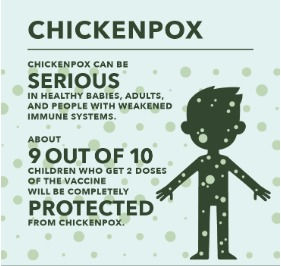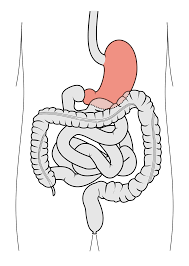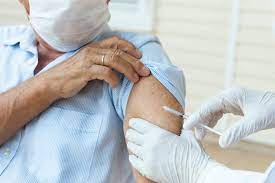Cluck! The Deadly Chicken Pox and it’s Relations to COVID-19
- May 18, 2022
- 2 min read
You may remember in your youth when you were asked to take the chicken pox vaccine by the pediatrician. This vaccine, and virus has been irrelevant due to the low number of cases, but the history of the virus can tell us on how to minimize the effects of COVID-19, and possibly achieve eradication.
What is Chicken Pox?
Similarly to COVID-19 being caused by the novel coronavirus, chicken pox is caused by an external virus known as the varicella-zoster virus (VZV). The virus is mainly transmitted through airborne particles and droplets from the infected individual, in addition to direct contact with the blisters caused, saliva, or mucus. The progression of chicken pox in one is as such: first day begins with fever, headache, sore throat, or stomach ache. The recognizable rash begins as small red bumps, resembling somewhat of pimples. This rash later spreads rapidly across the body over waves in time periods of 2-4 days. They become filled with pus, and later break, causing open sores. Complications, according to the Center for Disease Control and Prevention (CDC) include:
Bacterial infection
Lung infection
Swelling of brain
Bleeding problems
Dehydration
Bloodstream infections (sepsis)
History of Cases
During the early 1990s, the virus in conjunction with the disease was rather prevalent. On average, “4 million people got chickenpox, 10,500 to 13,000 were hospitalized, and 100 to 150 died each year.” according to CDC. However with the rise of the vaccine becoming widely available in the United States in 1995, “...more than 3.5 million cases of chickenpox, 9,000 hospitalizations, and 100 deaths are prevented by chickenpox vaccination in the United States.”, CDC states. The vaccine has been incredibly beneficial in minimizing the spread of the virus, worth a significant number of cases, hospitalizations and deaths being saved. These vaccines are usually taken twice: from 12 through 15 months of age, and at 4 to 6 years of age.

Current Treatments
We at The Med Scoop urge you to take the vaccine as there is no treatment that is yet set in stone. The virus is highly contagious and can pose risk to many individuals with a disadvantaged immune system. Chicken pox in children is considered a mild illness, so pharmacy remedies such as paracetamol to relieve fever would be effective, and calamine lotion and cooling gels to reduce itching and inflammation.
Relevance of Chicken Pox Today
Receiving the vaccine of chicken pox led to a 92% immunity rate. The period of chickenpox scarily resembled the lifestyle of the early stages of the COVID-19 pandemic. Empty social life, schools closed, and fear. However the success of the vaccine with chicken pox should be shown as an example to those hesitant to take the vaccine. It will only lead to the betterment of recovery in these difficult times. The Delta variant of the novel coronavirus has had the same transmission rate as chicken pox, and is being dealt with will with the current development of the booster vaccine and main vaccine. The chicken pox disease should be a reminder to all of us to remain faithful when trusting vaccines, whether it be COVID-19, flu, or polio.



Comments